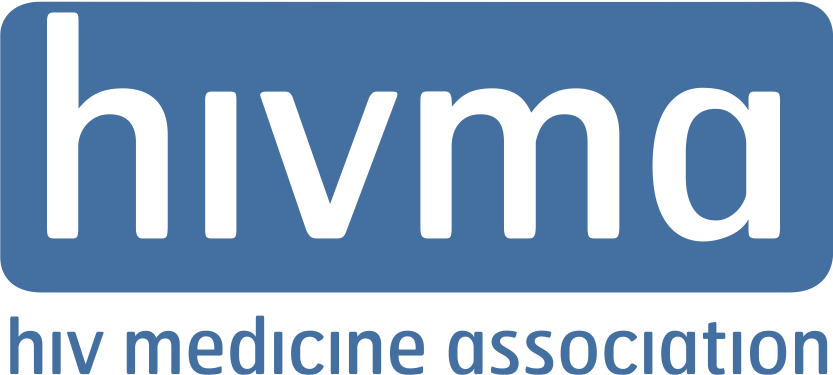HIVMA Response to Jan 27th Immigration Executive Order
02/02/2017
Statement of the HIVMA Board of Directors Chair Wendy Armstrong, MD, FIDSA:
As physicians, researchers and health professionals committed to the global effort to end the ongoing and devastating HIV/AIDS epidemic, members of the HIV Medicine Association (HIVMA) are deeply concerned by the recent Executive Order signed by President Trump. The Executive Order issued January 27 addressing immigration and travel to the US has implications for public health and will inevitably have detrimental effects and far-reaching implications for our nation’s ability to respond to public health threats, to the HIV epidemic as well as to many other unanticipated infectious diseases outbreaks both within our borders and globally. HIVMA urges a comprehensive review of all of the public health risks this Executive Order will cause and then a reconsideration of the Order. We affirm our commitment to our colleagues, our patients and to the health of the public who may be adversely affected as a result.
As is clear from recent epidemics whether caused by HIV, Ebola virus disease, Zika virus or others, infectious diseases know no boundaries; walls whether structural or a result of policy cannot keep our citizens out of harm’s way. Our concern is not about protecting Americans alone, but because of the importance of working toward global health, to aid those who are most vulnerable among us and to respect not only diversity within our own healthcare and scientific workforce, but in those for whom we care as well. We know well the consequences of stigmatizing minority populations, whether racial, ethnic, religious or due to sexual or gender orientation. Stigma for those affected by HIV long crippled our response to the HIV/AIDS crisis and stigma continues to hinder our ability to control the epidemic in our own borders. Some of our patients have come to the US seeking not only care, but also asylum from persecution due to their HIV status, sexual or gender orientation in their birth countries.
Remarkable progress has been made in developing effective therapy to treat HIV/AIDS. Persons living with HIV receiving care can now enjoy a life span that is not significantly different from their uninfected peers and do not transmit the HIV. This is a scientific success story of the highest order and was achieved through the work of brilliant internationally collaborative scientists, thoughtful clinicians and brave patients. While this was a global partnership, many seminal advances were made in the US by first and second generation immigrants benefitting from the academic institutions and scientific and public health infrastructure in the US. Without this diverse melting pot of intellect, we may not have seen the advent of combination therapy, the development of many new antiretroviral drugs, or the advances in understanding viral pathogenesis and countless other discoveries that have led to advances in health in many diseases. While we continue to seek strategies for effective vaccine development and curative therapy, we also urgently need to recruit and train enough providers to care for patients. Recent studies have estimated that the HIV workforce will fall critically short of the providers needed in the next five years. The HIV workforce includes many healthcare professionals on work visas who provide vital capacity to treat our affected population. In Infectious Disease, we struggle to recruit individuals to train in our specialty; a significant percentage of our trainees are foreign medical graduates in the US on training visas. After training, many of these highly qualified physicians help create a rich and diverse HIV workforce in the US that benefits our patients. Without these trainees, we would face critical shortages to care for our affected population thus threatening the public health in this country. Others return to their own countries to prevent and treat those with HIV improving the global AIDS crisis and working toward ending AIDS.
The Executive Order has far-reaching effects that are unanticipated and under-recognized. We at HIVMA are concerned that the consequences for our country, our patients and the global community could be great.
#####
The HIV Medicine Association (HIVMA) is the professional home for more than 5,000 physicians, scientists, and other health care professionals dedicated to the field of HIV/AIDS. Nested within the Infectious Diseases Society of America (IDSA), HIVMA promotes quality in HIV care and advocates policies that ensure a comprehensive and humane response to the AIDS pandemic informed by science and social justice. For more information, visit www.hivma.org.

